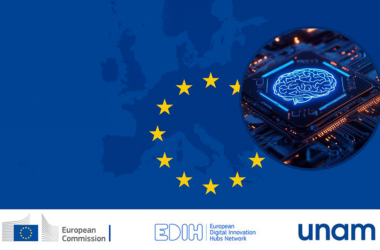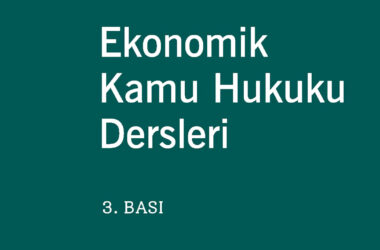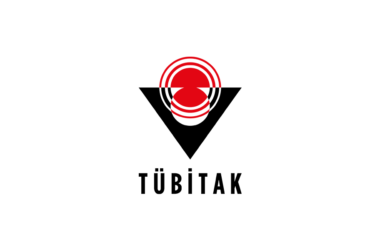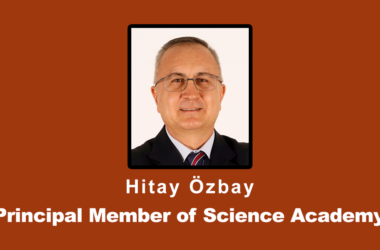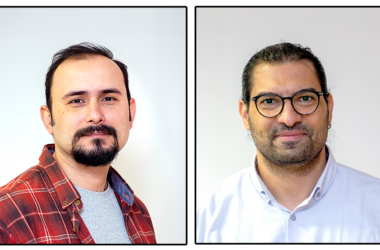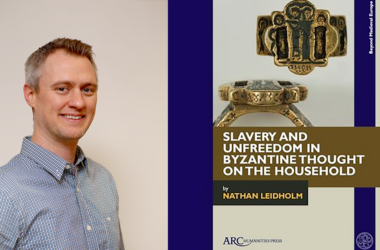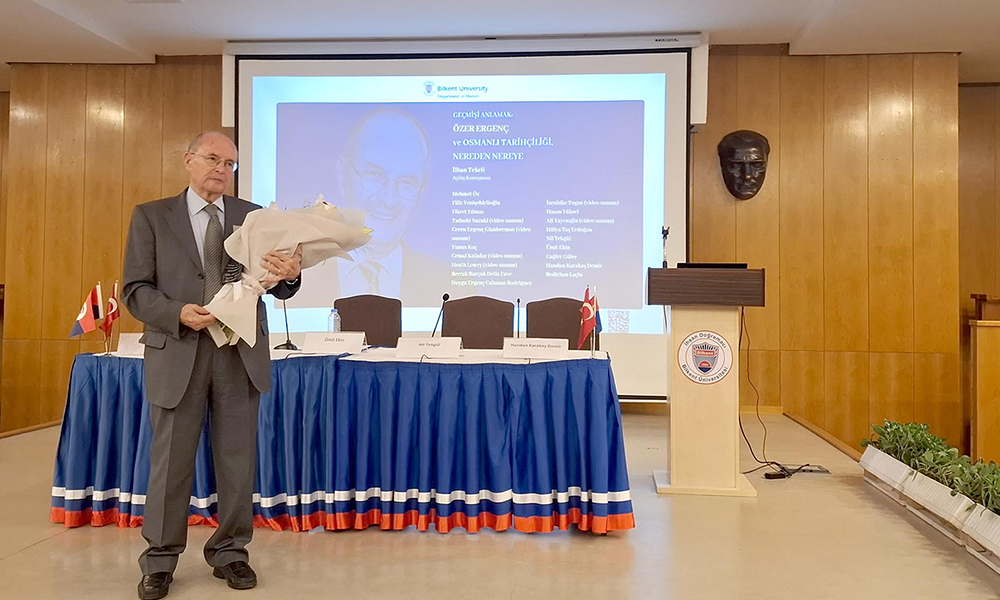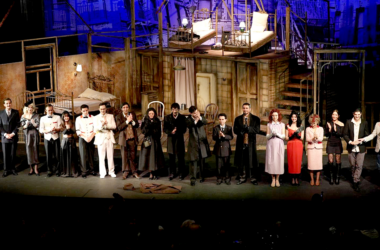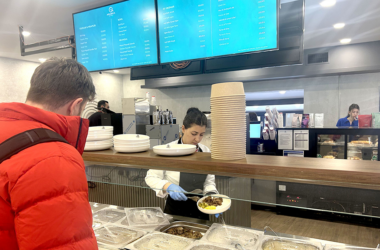On October 24, the Department of History hosted a day-long conference titled “Geçmişi Anlamak: Özer Ergenç ve Osmanlı Tarihçiliği, Nereden Nereye” (Understanding the Past: Özer Ergenç and Ottoman Historiography, Then and Now). The event brought together leading scholars and former students to celebrate the contributions of Prof. Özer Ergenç to Ottoman historiography and to reflect on the evolving approaches to history writing in Türkiye and beyond.
After Mehmet Kalpaklı’s welcoming speech, İlhan Tekeli delivered the opening remarks of the symposium. Tekeli’s collaboration with Prof. Ergenç has been instrumental in bridging history and urban studies, marking a key moment in the development of Ottoman social historiography. The first session began with Prof. Mehmet Öz, who shared how Prof. Ergenç’s mentorship shaped his own scholarship, followed by Prof. Filiz Yenişehirlioğlu, who emphasized the importance of interdisciplinary collaboration between art history, archaeology and history. She highlighted the need for more comprehensive, theme-based and comparative studies across disciplines.
Prof. Fikret Yılmaz discussed the transformation of İzmir and the Ottoman Mediterranean in the mid-sixteenth century, tracing shifts in urban life through port activity and architectural surveys. Several former colleagues and students joined remotely to share personal reflections and research perspectives, including Tadashi Suzuki, who highlighted Prof. Ergenç’s influence of Japanese-Ottoman scholarship; Ceren Ergenç, who explored the relationship between global history and political science; and Cemal Kafadar, who offered insights into Ankara’s historical layers.
The afternoon sessions covered a wide range of topics inspired by Prof. Ergenç’s work. Hülya Taş Erdoğan opened the session and later spoke about Ottoman socio-economic history and the significance of studying the Ottoman city within its own conceptual framework. Yunus Koç stressed the importance of geography in historical studies, while Berrak Burçak Della Fave analyzed representations of women and beauty in Ahmet Mithat Efendi’s writings as reflections of modernization and morality in the late empire. Duygu Ergenç discussed the intersections of historical preservation, architecture and politics, raising questions about what and how societies choose to preserve. İsenbike Togan reflected on conceptual thinking in social sciences, and Ali Yaycıoğlu examined the agency of “the people” in Ottoman and early Republican contexts.
